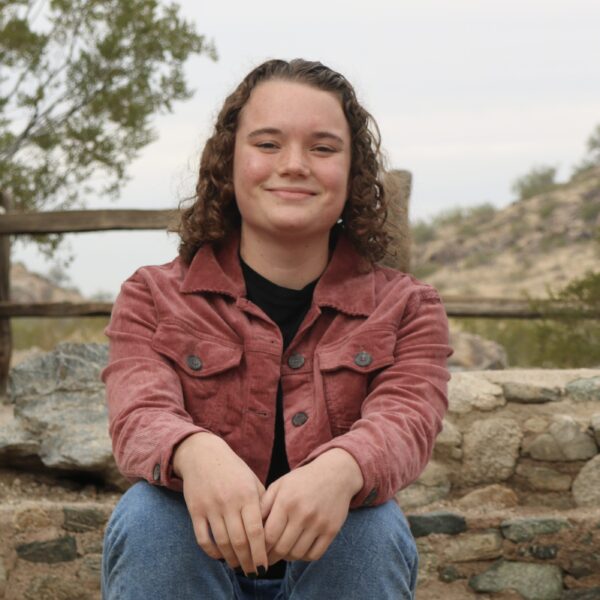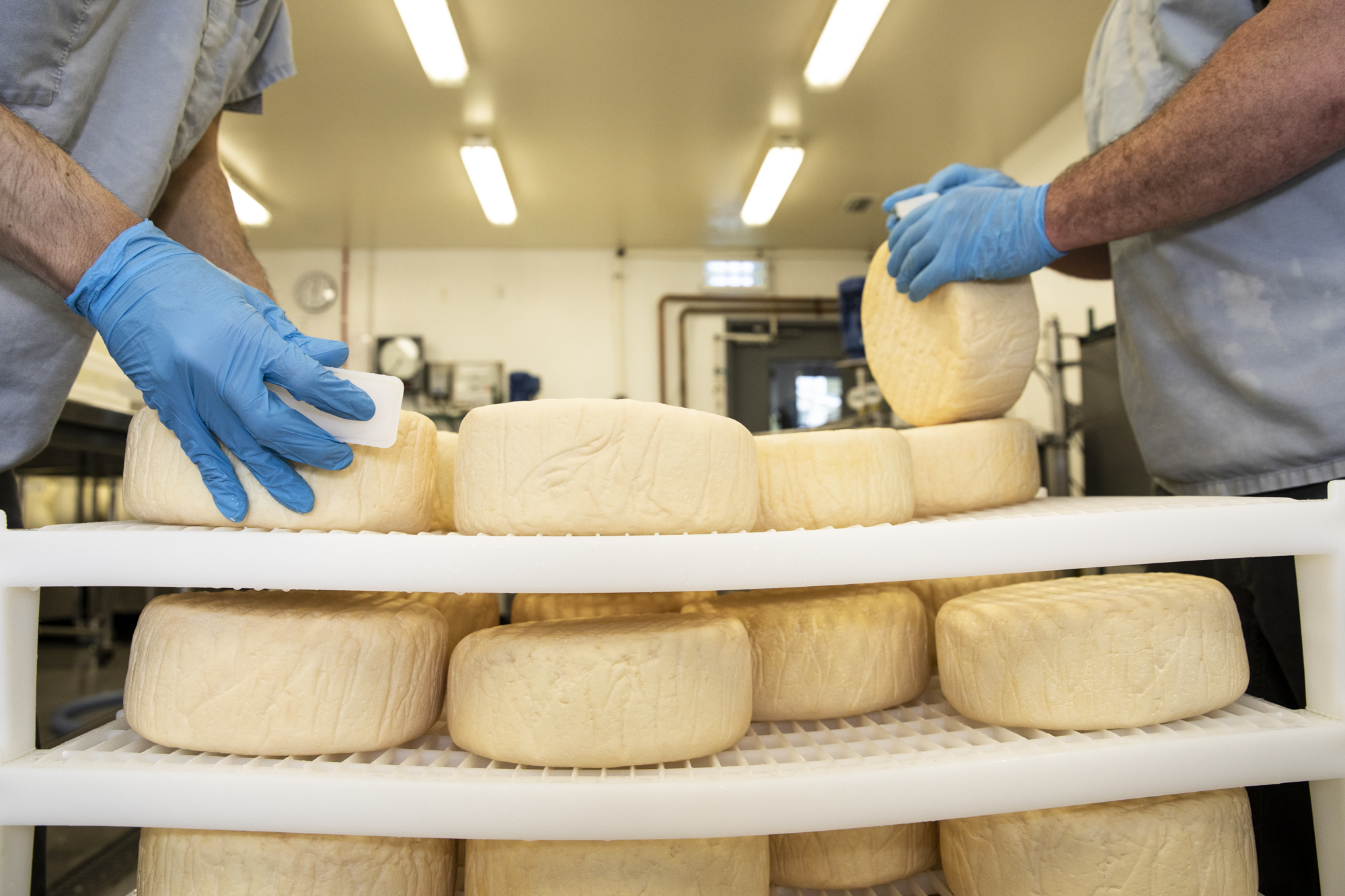The Anne Saxelby Legacy Fund provides monthlong paid apprenticeships for young adults to live on sustainable farms and creameries like ours — to work, learn, and be inspired to create change in their communities. We are absolutely delighted to welcome Sierra Kuhn as a new Anne Saxelby apprentice headed to FireFly Farms this summer. We recently sat down with Sierra for an interview, and she told us about what she’s looking forward to, how she got interested in cheesemaking, and how the apprenticeship at FireFly will impact her future plans.
Q: What are you most looking forward to at FireFly? What skills are you hoping to learn?
A: I am most looking forward to learning about the process of goat cheese production. I am familiar with traditional cow’s milk cheese processes, and I’m excited to see how the two compare. Aside from the cheese-making process, I want to learn more about milk testing, as it is an important part of the cheese-making process.
Q: How did you get interested in cheesemaking?
A: The first time I made cheese was when I was about eight; my mom and I got a kit to make fresh mozzarella at home. I remember being fascinated by the process, and the mozzarella we made tasted amazing. I have been interested in cheesemaking ever since. This year at Oregon State, I took a dairy processing class that made me even more interested in cheesemaking.
Q: What’s your favorite cheese?
A: It is tough to choose a favorite cheese because I like so many of them. If I had to choose just one, I would pick brie. I love it plain, on bread, and my absolute favorite, baked in puff pastry with jam, Brie en Croûte.
Q: Where do you see yourself in ten years?
A: I am just beginning my Food Science journey, and I have learned about so many unique jobs I had never considered. I plan on going to graduate school, and I am confident that as I continue my education and have other unique experiences like this one, my knowledge of how I can best progress toward my goals will broaden.

Q: What innovations or reforms do you think our food systems need most right now?
A: I think our food system would benefit the most from sustainable agriculture, food waste reduction, and improving climate resilience. Promoting and implementing sustainable agricultural practices is crucial. Reducing reliance on chemical inputs, adopting organic farming methods, promoting agroecology, and regenerative farming practices will help protect the environment and soil health and reduce water usage and greenhouse gas emissions. Addressing food waste is essential to creating more efficient and sustainable food systems. This involves improved harvesting and storage techniques, better transportation, consumer awareness, and the redirection of surplus food to those in need. Building climate resistance in our food systems is vital in the face of climate change, developing climate-smart crops, investing in weather monitoring technologies, adopting resilient farming practices, and implementing strategies to mitigate and adapt to climate-related risks. I believe creating a more sustainable future for our food systems is possible with collaboration among governments, farmers, researchers, businesses, and consumers.
Q: What are your next steps after this apprenticeship?
A: After this apprenticeship, my next step in life is to continue my work with the Beaver Classic
product line and finish my degree at Oregon State.
